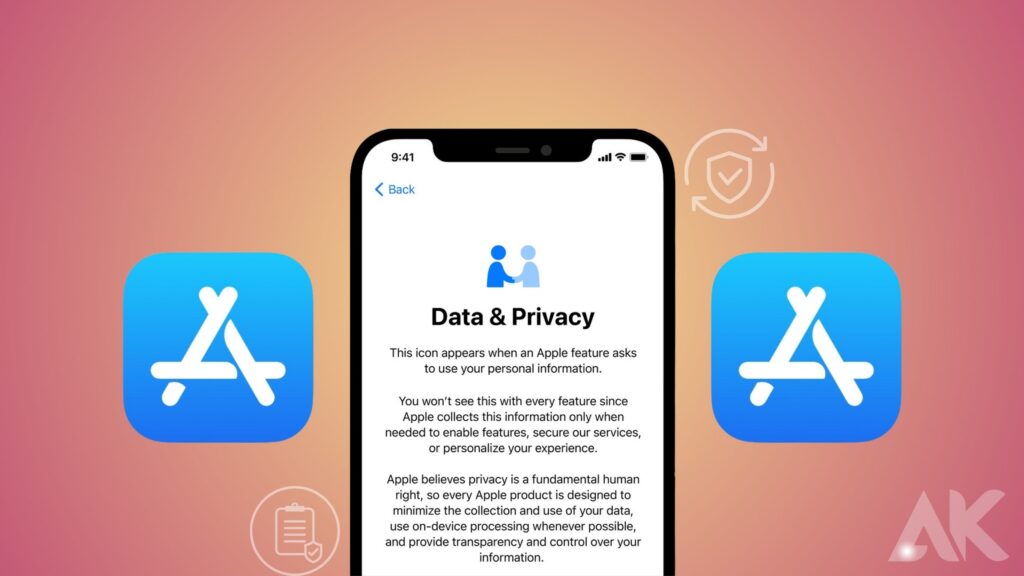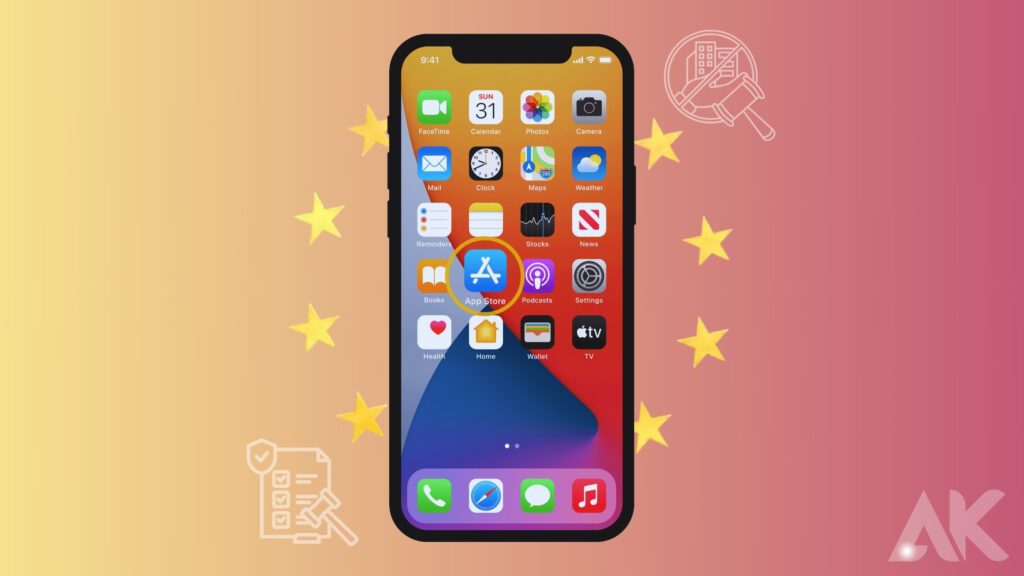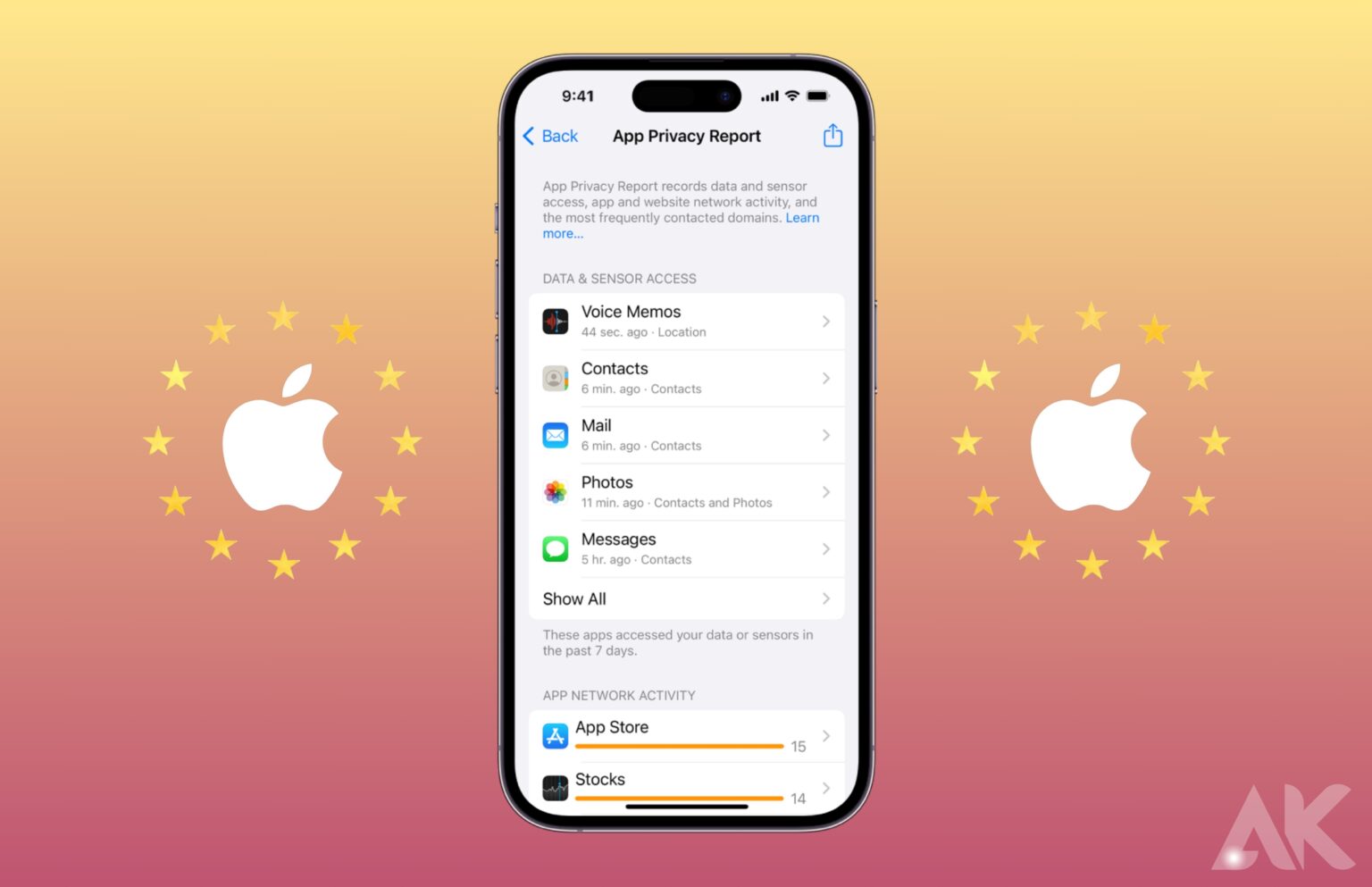As technology is always changing, the fight between Apple and the EU over who controls the App Store has become a turning point in the history of the field. The goal of this comparison post is to break down the strategies that both sides are using in this ongoing fight to show how they are doing things, why they are doing them, and what the possible outcomes might be.
Apple’s Fortress: App Store Policies and Defence

App Store Policies:
Apple, renowned for its rigorous oversight of its ecosystem, has defended its App Store restrictions as crucial for upholding a secure and smooth user experience. The technology powerhouse highlights the carefully selected nature of its platform, guaranteeing that applications adhere to strict quality and security criteria before being made available to customers.
Legal Defence:
Apple has presented a strong legal defense in reaction to the European Union’s antitrust concerns, arguing its entitlement to regulate its marketplace. The company asserts that its App Store strategy cultivates innovation and safeguards customers against potentially destructive or inferior software.
Impact on Developers:
Critics say that the strict standards limit innovation and make it harder for smaller developers to compete on an equal basis, despite Apple’s claims that its policies level the playing field for developers.
EU’s Regulatory Crusade: Antitrust and Consumer Protection

Antitrust Concerns:
Concerns about antitrust issues in the tech sector are the main driving force behind the European Union. The European Union views Apple’s prevailing position in the App Store as a possible danger to equal competition, leading to inquiries into the claimed exploitation of market dominance.
Consumer Protection:
Regulating App Store regulations is of utmost importance to the EU to safeguard consumers and maintain a diversified and competitive digital marketplace. The emphasis lies in cultivating an atmosphere that enables the flourishing of numerous participants without excessive limitations.
Impact on Developers:
The European Union maintains that, by going up against Apple, it helps smaller developers get a foothold and stops monopolistic practices that could restrict innovation and user choice.
A Global Chess Game: Ramifications and Reactions
Global Ramifications:
As the fight progresses, the worldwide consequences become evident. Foreign countries closely monitor the tactics utilized by Apple and the EU, acknowledging that the result might establish a standard for how large technology companies are governed worldwide.
Industry Reactions:
The IT sector is currently experiencing a period of uncertainty as it grapples with conflicting viewpoints. Certain stakeholders align themselves with Apple, calling for the autonomy of platform owners, but others endorse the EU’s endeavor to enhance competition.
Public Opinion:
The complexity of the subject is reflected in the mixed public sentiment. While some customers love Apple’s safe and manicured environment, others are all for the European Union’s attempts to eliminate what they see as a monopoly and create a more competitive market.
The Endgame: Potential Resolutions and Future Landscape
Negotiations and Resolutions:
To resolve their differences, Apple and the EU are currently in negotiations. The App Store may undergo a redesign to fix problems while keeping its security and usability intact.
The Future of App Store Control:
Changes to the App Store’s control structure by Apple and the IT industry might result from the resolution. Future success or failure will depend on how well innovation, competition, and consumer protection exist.
The European Union and Apple are engaged in a high-stakes battle for control of the App Store, and each side is taking a different approach. Everyone in the tech industry is waiting for the verdict, which will have an impact on online marketplaces and regulations.
Conclusion
The App Store battle between Apple and the European Union has become a pivotal moment in the tech industry’s history. Apple’s strict policies argue for a secure user experience, while the EU faces antitrust concerns. The EU views Apple’s dominance as a threat to fair competition and consumer protection. Both parties are engaged in negotiations to find a resolution, with potential compromises redefining the App Store landscape while preserving innovation, competition, and consumer protection. The outcome could shape the future of digital marketplaces and regulations.
FAQS
How does the EU affect Apple?
The three parts that make up the new business terms for iOS apps in the EU are as follows: reduced commission: apps that sell digital goods and services through the App Store will pay a reduced commission of either 10% (for most developers and subscriptions after the first year) or 17%.
Is Apple preparing to allow outside app stores in the EU?
Apple plans to allow third-party app stores on iPhones and iPads for the first time in company history and significantly cut Apple’s app store fees as part of sweeping new changes to its handling of apps in Europe on Thursday.

